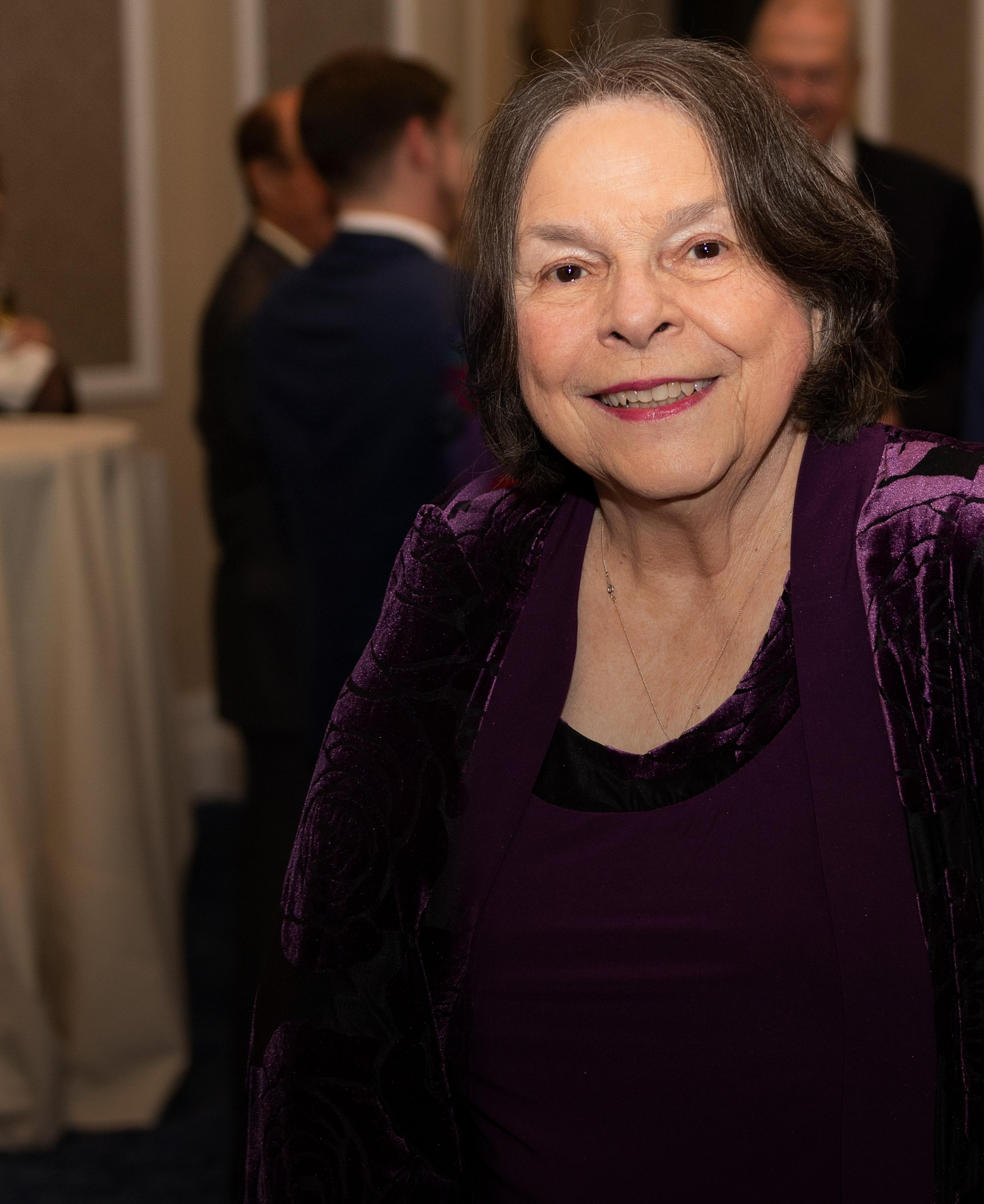
2 minute read
The Picture of Health
BY AUTUMN CAFIERO GIUSTI ’00
Through strategic partnerships, accelerated degree programs, and cutting-edge technology, the College of Nursing and Health is charging full speed into the future.
Inside a fifth-floor lab in Monroe Hall, College of Nursing and Health students are treating patients for a diverse set of conditions.
They respond to patients experiencing cardiac arrest, stroke, and hemorrhage. They deliver babies and perform CPR. They place IV lines, insert catheters, and intubate patients in distress. Then the students wait to see whether their patients’ conditions improve or deteriorate, based on their interventions.
The lab affords students the opportunity to develop the skills they will eventually apply in professional care settings.
Except here, it's all a simulation.
The $1.9 million lab is the latest in a series of major developments to advance Loyola’s College of Nursing and Health and build a pipeline of nurses at a time when the industry is experiencing a nationwide nursing shortage, coupled with a global pandemic and an aging work force.
In addition to the Sim Lab, the college is charging forward with academic and clinical partnerships and a new accelerated bachelor of science in nursing degree geared toward professionals looking for a career change, plus four more graduate programs that are in the works.
And just in the past two years, the college has brought in a new dean and School of Nursing director.
“We are in growth mode,” says Dr. Michelle Collins, dean of the College of Nursing and Health.
One degree, many careers
The national nursing shortage has reached an all-time high, with one analysis projecting a need for 2.5 million nurses by 2025.
While the shortage predates COVID-19, the pandemic dramatically intensified the problem. Before the pandemic, the U.S. Bureau of Labor Statistics projected more than 1.1 million new nurses would be needed by 2030.
“The challenge with the nursing shortage is it’s multi-pronged,” says Dr. Cherie Burke, director of Loyola’s School of Nursing.
Along with the high stress levels and burnout nurses encountered during the pandemic, people are also living longer. “When you look at the demographics of nurses, there’s a significant number who will be retiring over the next few years,” Burke says.
To stem the shortage, Loyola set in motion a series of transformational changes to its College of Nursing and Health, starting with the initiation of an undergraduate nursing program.
In late 2020, the university teamed up with Ochsner Health to launch its bachelor of science in nursing degree, a four-year, prelicensure undergraduate nursing program that brought in its inaugural class in Fall 2021.
Prior to the launch of the program, all of Loyola’s nursing school students were registered nurses, as the university offered only post-licensure nursing education and graduate programs.

In January 2021, the university brought on Collins, a practicing certified nurse-midwife, as the new dean to help steer the LoyolaOchsner BSN program. Burke, a practicing certified registered nurse anesthetist, joined as director that fall.

“With a shared vision, we knew we could move the school forward and grow,” Collins says.
Recruitment has been an essential piece of the undergrad program, and Collins and Burke have been working to reach out to students as soon as middle school to “plant the seed early” for people to consider nursing as a career, Burke says.
“With one bachelor’s degree in nursing, you can have 10 different careers,” Burke says. Beyond hospital rooms, nurses can work in doctor’s offices, emergency rooms, assisted living facilities, schools, camps, cruise ships, the military, or as flight nurses."








